Language
WORLDWIDE SHIPPING | ONLY UNTIL 11/09: Get a COMPLETE block of 5 forged knives FOR FREE when you spend at least €750 on polycarbonate and silicone moulds!
Grater Zester Fine-cut Dusty Rose Handle Premium Series by Microplane
€23.90
€19.59
Availability:
In stock
The iconic and original Zester Premium Classic with its characteristic long and narrow shape, has revolutionized the way of grating thanks to its razor-sharp photo-etched stainless steel blades – made in the USA.
With its 400 teeth it is perfect for grating citrus zest, hard cheeses, chocolate, ginger, garlic, nutmeg, truffle, spices, nuts and much more.
Without the slightest effort, the foods are cut with precision without being torn. The aroma is released and the flavor of the ingredients is enhanced.
The foods slide on the cutting surface with ease without food residues remaining stuck to the blade.
The most classic and indispensable grater for professional chefs and cooking enthusiasts offers a fast and effective method of grating thanks to its powerful blades that always produce an optimal result.
The ergonomic “soft touch” handle ensures a safe and comfortable grip.
In addition, the non-slip rubber feet protect the cutting surface from unwanted scratches.
Dimensions: 32.5 cm x 3.50 cm x 3.00 cm
Grater surface: 20.3 cm x 2.5 cm
Ergonomically designed soft-touch antique pink handle
Dishwasher safe. COLOR Dusty Rose
Grater surface: 20.3 cm x 2.5 cm
Ergonomically designed soft-touch antique pink handle
Dishwasher safe. COLOR Dusty Rose
FAQs

 IT
IT FR
FR
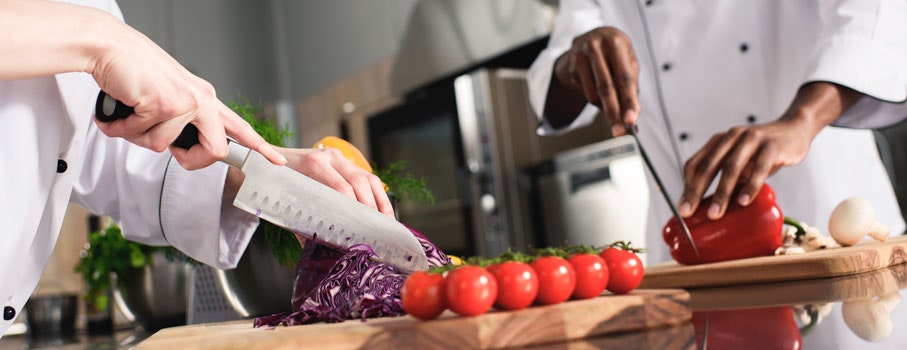
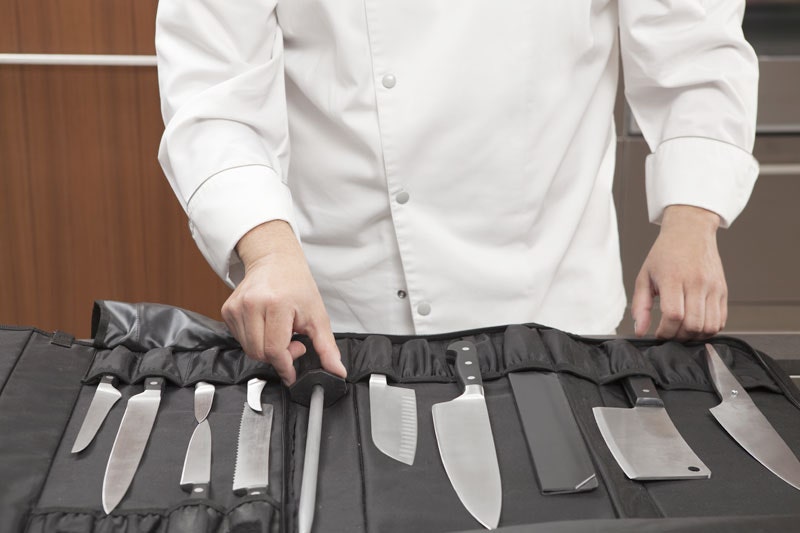
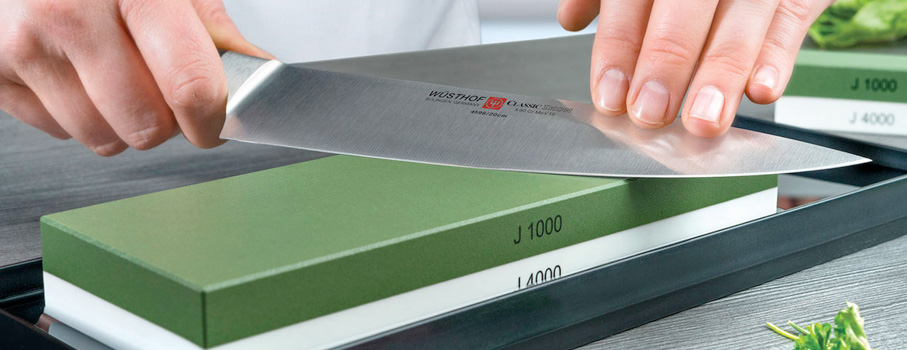
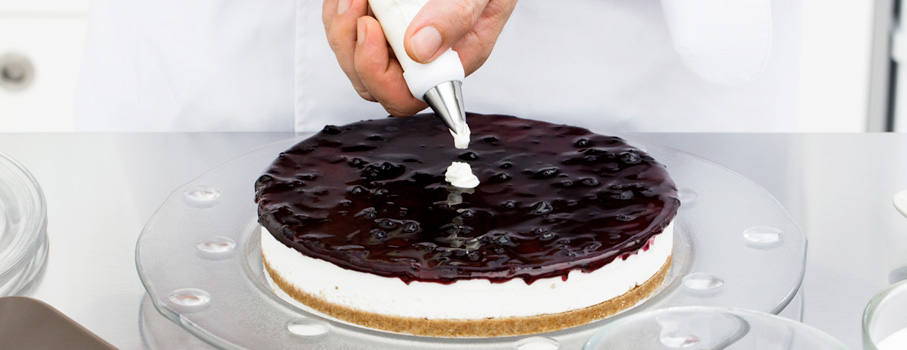

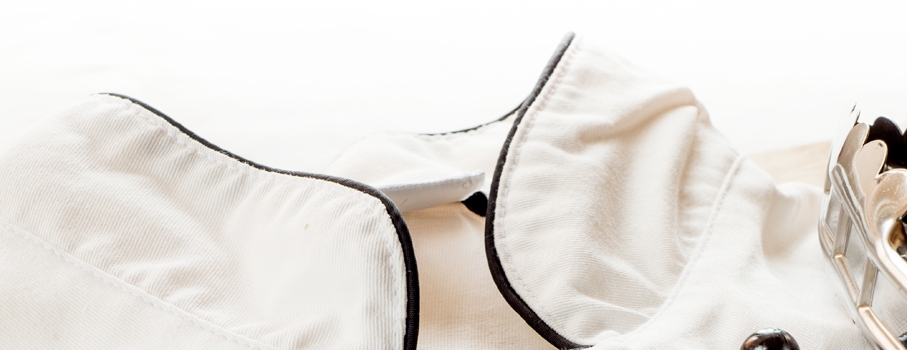
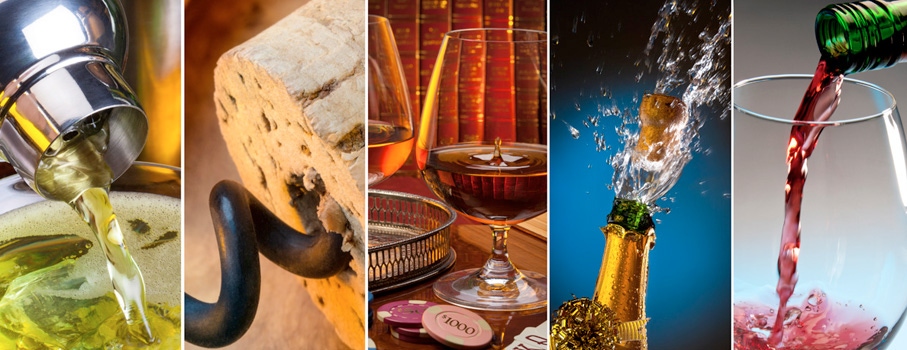
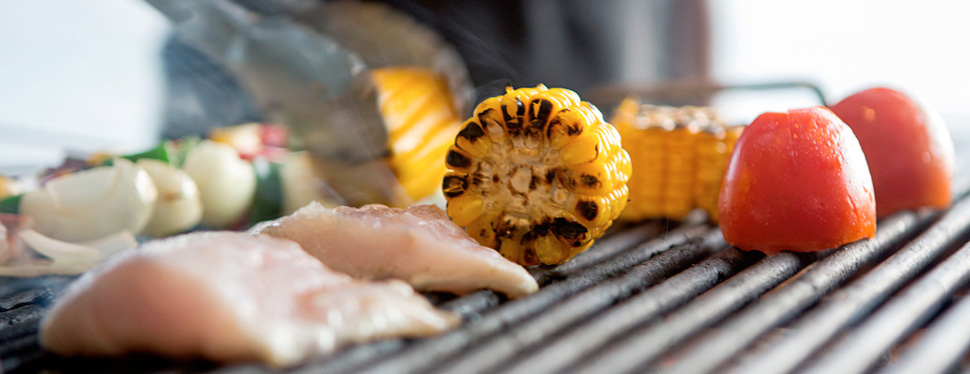

 IT
IT FR
FR
